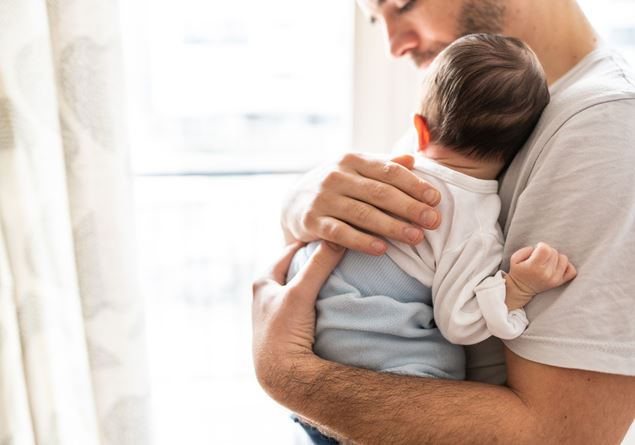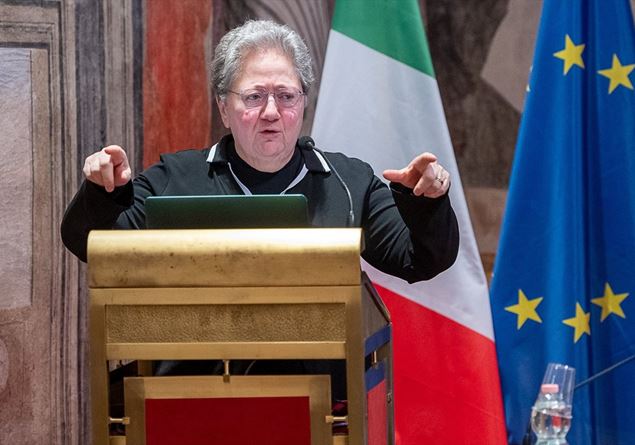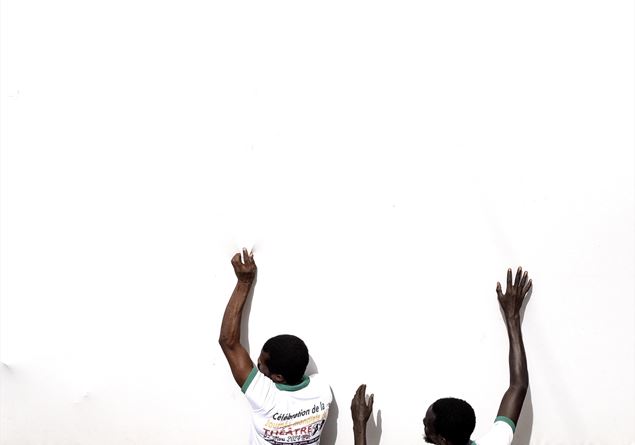Of Adriano Bordignonpresident of the Family Associations Forum
Bringing a child into the world is a beautiful adventure that fills the lives of parents with meaning and contributes to invigorating the country with hope and a future. However, it is not a walk in the park and starting a family, parenting, keeping it united and cohesive in the different seasons of life to encourage the full development of everyone’s potential is a demanding and onerous task. Given the facts, the family and the desire for parenthood are a legacy that is still alive and powerful in our country but the context and the historical “oversights” towards the true needs and profound desires of families put families, and in particular the younger ones, face particularly fraught with difficulties. The Italian birth rate decline, which is more serious than that of other EU countries, is a litmus test of this.
Interesting steps forward can be observed in the 2025 Budget Law but, as Minister Giorgetti underlined, faced with the enormity of the demographic challenge and the need to offer families renewed tools to grow and educate the new generations, there is still a lot to invest.
The greatest expectation regarding this year’s budget was aimed first and foremost at the development of significant steps towards taxation that is more in line with the principle of fiscal equity provided for in Article 53 of the Constitution – “Everyone is required to contribute to public expenses based on their ability to pay” – and therefore also adequately considering the size of family units. In this sense, the introduction of a family tax unit can be noted. A kind of “reverse family quotient” experimented for the limit of tax deductions which operates above 75,000 euros of income. An interesting step but too small compared to expectations.
There are other positive signs. The period of parental leave compensated by 80% has been extended up to a total of three months within the child’s sixth year of life, but here too we are still far from the needs of presence and care of the little ones in the first thousand days.
The bonus for nursery schools has been remodeled that, for those born from 2024 into families with ISEE incomes of less than 40,000 euros, the benefit will be increased to 3,600 euros and recognized regardless of the presence of other children, thus extending the range involved. A positive note is the exclusion of the single allowance from the ISEE calculation for access to nursery schools. This exclusion was not collected in a broader sense even though, during the year, there were numerous reports of families in difficulty who saw their income skyrocket for this reason, losing access to bonuses for transport, canteens, the school but also for scholarships.
Strong doubts remain regarding the introduction of the so-called “baby bonus” of 1,000 eurospresented in the text of the law as a tool to encourage birth rates, provided for every child born or adopted from January 2025 for families with ISEE not exceeding 40,000 euros per year. Studies and experience highlight how these measures do not have any birth-related effect and, despite further information which frames it as a bridging measure waiting to define the fate of the infringement procedure against the Single Allowance, we believe that the resources they could have been allocated in a more functional way.
The improvement of the “mothers bonus” within the maximum spending limits of 300 million euros per year was positive, also extended to self-employed workers (excluding domestic workers) – with two or more children up to the age of 10. For lower incomes, the measure improves the net income received slightly as the reduction of the “tax wedge” already takes effect.
All in all, the interventions in question appear positive but not sufficient to make the “qualitative leap” for the lives of families, their stability and educational capacity and, above all, to address the great issue of the demographic imbalance which is marking the history of our Village.










